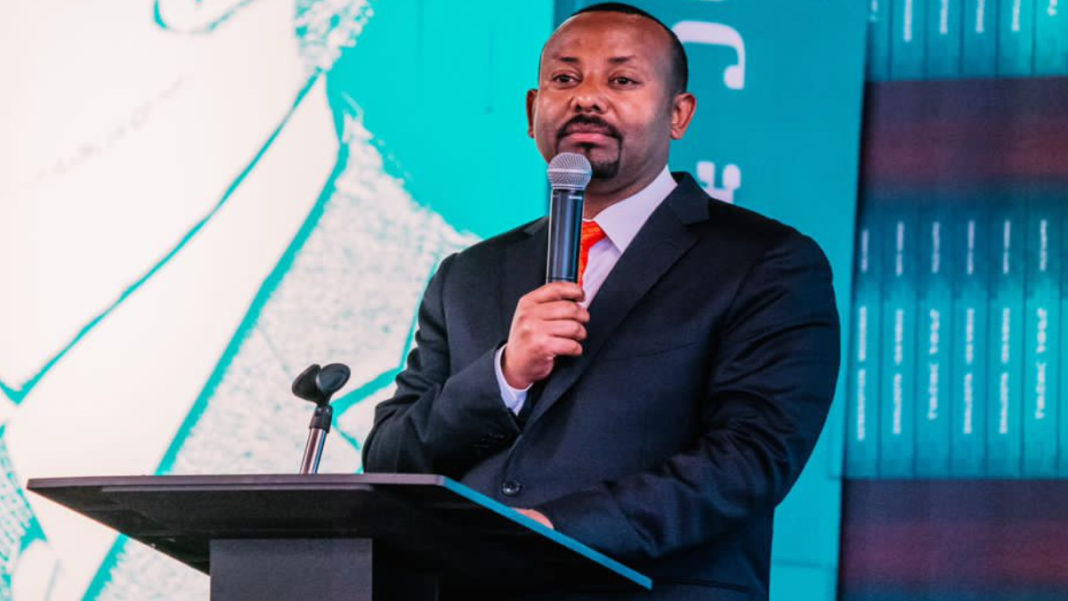ETHIOPIA. Amhara: Gun clashes and large-scale protests have enveloped portions of Amhara, Ethiopia’s second-largest region, after an action to centralise the regional security forces of the nation’s 11 states.
Last Thursday, the federal government declared the policy in an effort to create “a strong centralised army.” In response, protests were held in a number of Amharan towns, and some local security force units clashed with federal troops after refusing to disarm.
On Sunday, while driving close to the village of Kobo, two Catholic Relief Services (CRS) employees were shot and killed. The organisation declared that the murders’ specifics remained a mystery.
The same day, a midwife and a driver were injured when shots were fired at one of the Ethiopian Red Cross’ ambulances “by unknown armed forces” in Amhara’s Central Gondar region. The World Food Programme has ceased operations, while aid workers in other areas across the region have been advised to “hibernate.”
In “several areas of the region,” including the towns of Woldia, Kobo, and Sekota, there had reportedly been “serious exchanges of gunfire, involving heavy weapons,” reported a US embassy alert. In recent days, gunfire was also heard in the towns of Debre Birhan, Debre Tabor, Dessie, and the regional capital, Bahir Dar.
Elsewhere, demonstrators burned tyres and blocked highways as banks and stores shuttered. The Amhara regional government responded by enforcing a curfew and preventing mobile internet access in some locations, including Gondar, a well-liked tourist destination.
The security forces from the Amhara area, who fought with the federal troops, were crucial in the civil war against Tigray. The fight, which began in 2020 and ended with a truce signed in November, left tens of thousands dead.
The constitution of Ethiopia grants each of its federal member states the authority to operate a “police force” to uphold the rule of law. However, several nations have also developed strong security forces that occasionally engage in combat.
Abiy Ahmed, the prime minister, has committed to pushing on with the dismantlement of these regional security units, dubbing them a danger to Ethiopia’s integrity. “This decision will be implemented for the sake of the multinational unity of Ethiopia and the peace of its people, paying the price if need be,” said Abiy.
Abiy has lost the support of the Amhara, the second-largest ethnic group in Ethiopia, who feel betrayed by his failure to stop a rebel incursion by the Tigrays into their region in 2021 and halt a string of attacks against Amharas in the state of Oromia. To defend themselves against these two threats, many Amharas claim they need their own security force.
This week, the main opposition organisation in the area, the National Movement of Amhara, referred to the federal government’s decision to disband the regional force as “completely irresponsible” and urged its reversal.
Also Read: Liberal’s Voice Stance Causes Julian Leeser to Resign from Shadow Cabinet



